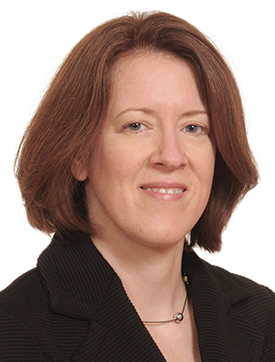 Allison Christians, who holds the H. Heward Stikeman Chair in Tax Law, has been named to the International Tax Review’s 2015 Global Tax 50 list.
Allison Christians, who holds the H. Heward Stikeman Chair in Tax Law, has been named to the International Tax Review’s 2015 Global Tax 50 list.
The members of the Global Tax 50 represent the choices of the International Tax Review‘s editorial team for those people and organizations who have had the biggest impact on taxation around the world during the past 12 months.
As colleague Professor Louise Otis pointed out upon hearing the news, “very few Canadians have made that list over the years, and so Allison is truly among a select group.”
The International Tax Review interviewed Professor Christians about her work. We share a snippet below.
As well as her academic responsibilities and an upcoming book on tax and human rights, she works with the Independent Commission for the Reform of International Corporate Taxation (ICRICT) and has a blog that discusses a variety of international tax themes. She tweets using the handle @taxpolblog. Here, ITR‘s Amelia Schwanke speaks to Christians about changing the status quo in tax, her priorities for the year ahead, and the importance of social media.
International Tax Review: Can you tell us about your work as an ICRICT expert in 2015?
My main recommendation [in terms of reforming international taxation] is that the OECD is not the proper place for global tax policy to be promulgated; that the OECD as a forum represents the views of its own membership and raises issues of interest out of its own membership, therefore excluding the vast majority.
That’s a stomach problem, though, because the OECD has the infrastructure, has the institutions and always has had, so if you say the OECD is not the right place, where is the right place? And quite obviously the UN is the right place. But that’s politically unpopular for the world’s richest countries; it’s very unpopular for the United States for example; they do not want tax policy being discussed at the UN, they want it under their own control in the OECD. I think anyone who studies international tax and development will come to this conclusion that the OECD is very convenient for its own members. It’s a very good forum for representing the interests of its own members, but its membership is small and it is limited. So the constant issues facing developing countries just don’t come up.
